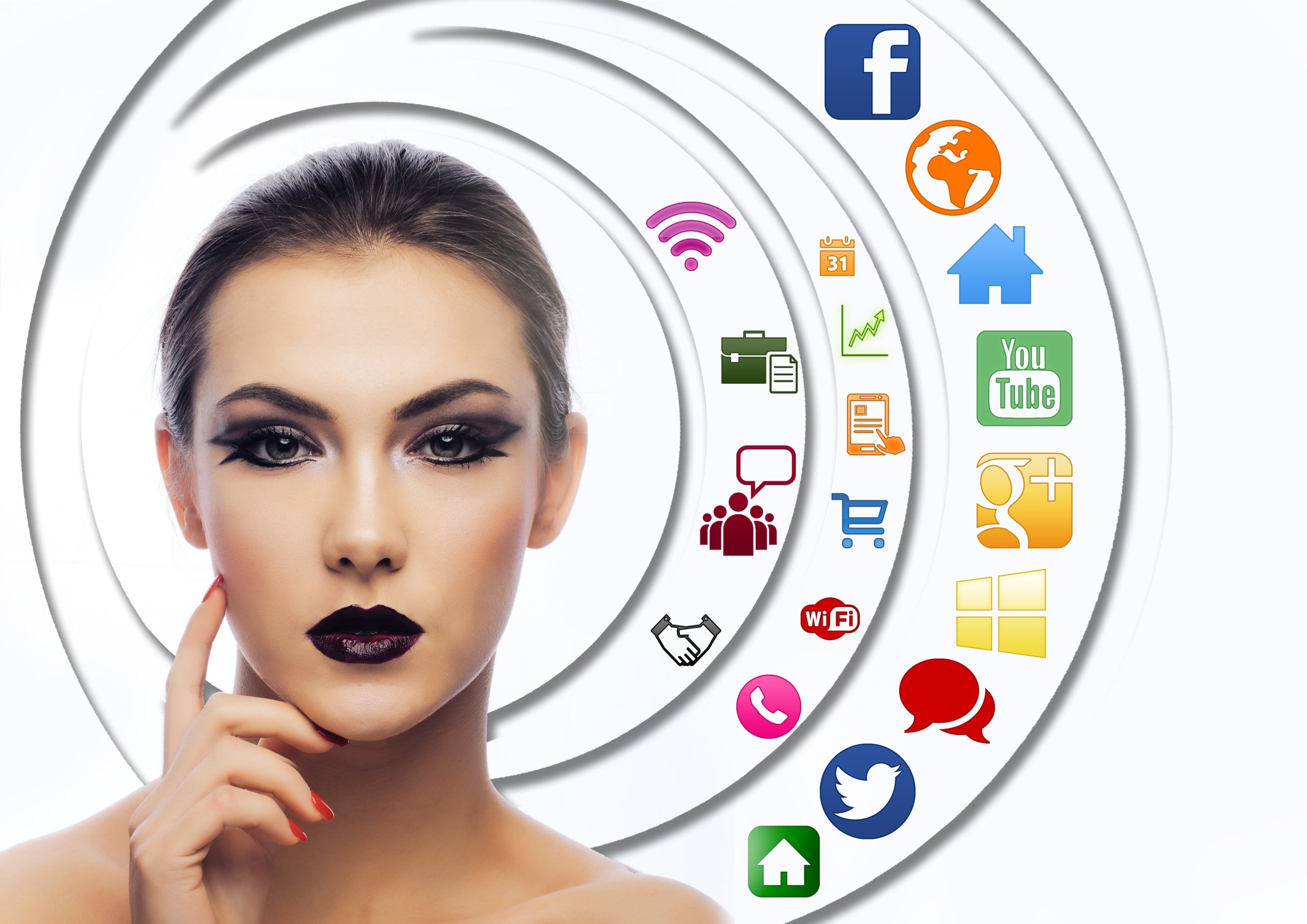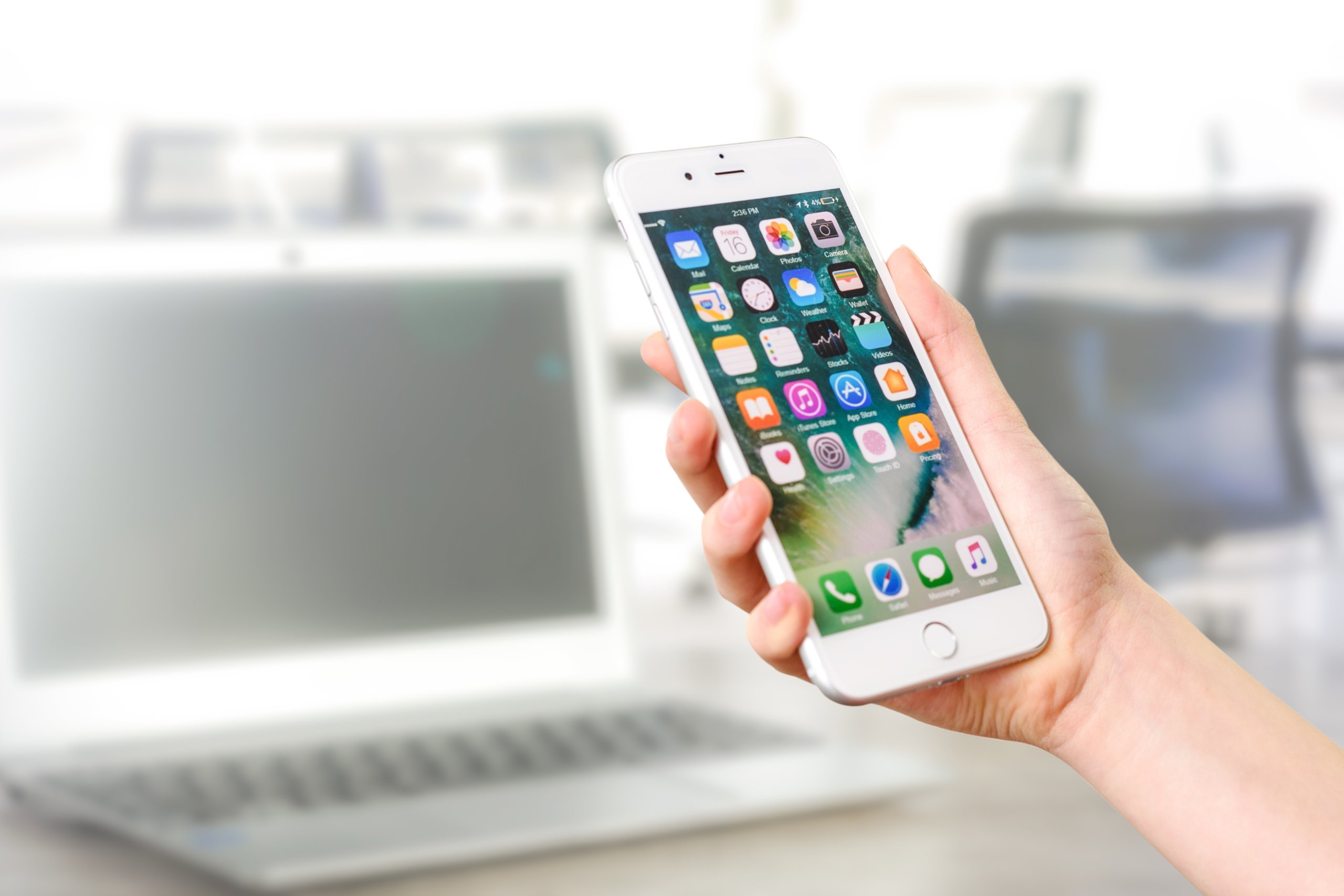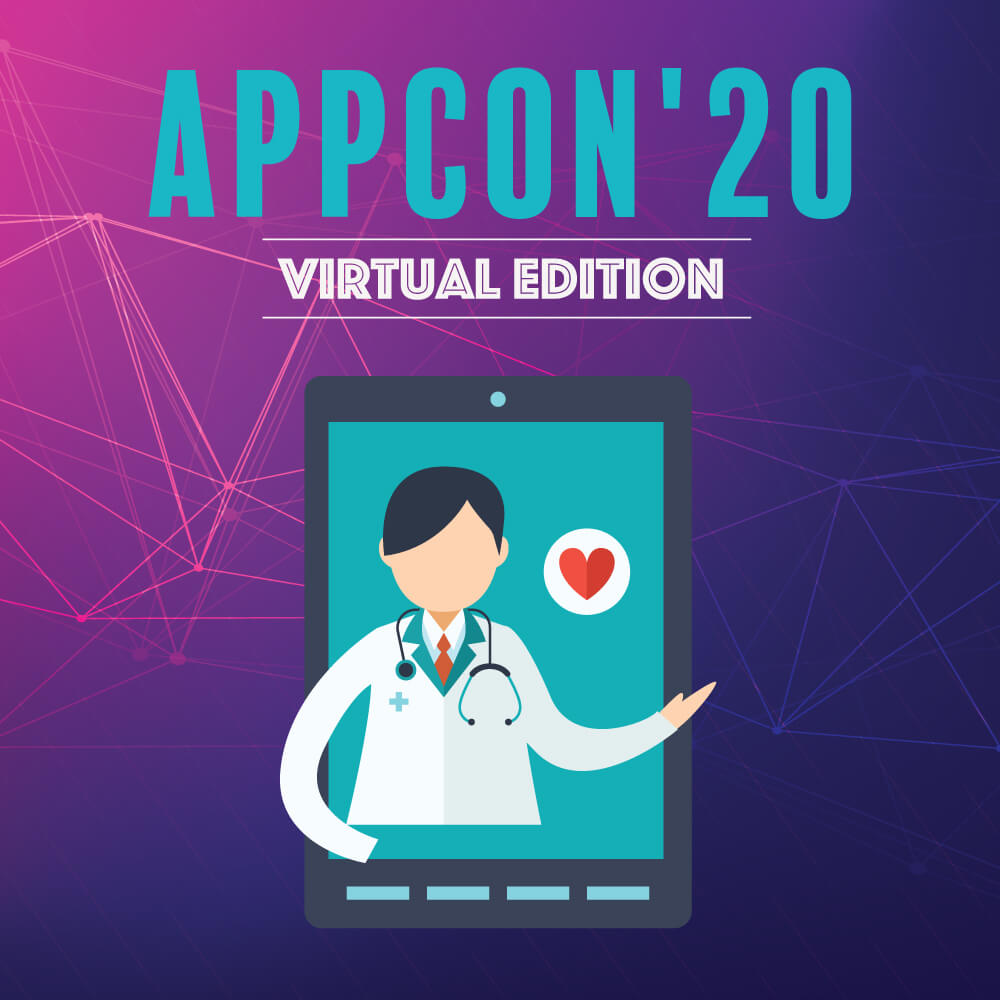
AppCon 2020 has been underway for the past few weeks. While this year’s conference is completely digital, that hasn’t stopped the many mobile app developers and tech innovators in attendance from opening up meaningful dialogues with political leaders about the impact of emerging technologies on the future of the United States.
So much has happened in such a short amount of time that we thought a blog post covering some of the best highlights of this year’s event so far was warranted. With that said, let’s dive right in!
Week 1: The Future of the U.S. Depends on Internet Access
Besides being an essential utility that sustains the growth of the $1.7 trillion app economy as well as several small businesses in a variety of sectors, widespread internet access also supports hundreds of millions of Americans. With it, they’re able to access healthcare services, educational opportunities, and much more.
Unfortunately, more than 20 million U.S. citizens still lack access to an adequate broadband connection. And unless this is addressed soon, this digital divide will only grow larger with the introduction of new technologies. AppCon ’20 attendees got to speak with Federal Communications Commission (FCC) Commissioner Michael O’Rielly about this very topic.
Commissioner O’Rielly expressed intent in ensuring that broadband exists everywhere in the U.S. and placed special emphasis on getting underserved Americans connected. He stressed the importance of high bandwidth and low latency, and he also noted that how we achieve broadband access for all is less important than actually accomplishing it.
AppCon attendees also spoke with FCC Commissioner Brendan Carr, who was focused on making more spectrum available for use. Whether it’s not having a device to connect with healthcare professionals, being unable to rely on high-speed internet, or not having access to a private space for care, Carr was well-aware of the pain points of Americans across the country. He reassured AppCon attendees that more funding was coming for connected care.

FCC Legal Advisor Umair Javed and Travis Litman, Chief of Staff and Senior Legal Advisor for the FCC’s Wireline Competition Bureau, focused their meetings with AppCon attendees on the digital divide’s effect on education. COVID-19 has pulled back the curtain on just how necessary internet access and devices such as smartphones and laptops are for remote learning. During the meeting, Javed indicated that low power applications carried some potential for closing this gap.
Last but not least, AppCon attendees also got to meet with Evan Swarztrauber, a Policy Advisor of FCC Chairman Ajit Pai. Swarztrauber noted that an increase in rural healthcare budget was sorely needed, and so was an improvement in broadband access for these regions. With COVID-19 forcing aspects of society such as education and healthcare to go remote, folks out in the country will fall behind unless they have fast internet.
Week 2: Telehealth Must Remain Accessible, Even After COVID-19
Telehealth and connected tools have proven invaluable in the U.S. healthcare system’s response to COVID-19. It’s obvious that these technological paradigms are a necessity for all Americans, but unfortunately, some politicians don’t see it that way. Much of AppCon ’20’s Week 2 revolved around attendees meeting with congressional leaders to ensure that digital health remains a cornerstone in our country’s medical system.
Currently, the U.S. has an annual healthcare spend of $3 trillion, with $1 trillion going through Medicare and Medicaid. The country is short by about 30,000 physicians, and this shortage is estimated to grow to 90,000 by 2030. By that same year, 70 million Americans will be over 65, and 80% of them will be dealing with at least one chronic condition.
These statistics make it painfully obvious that telehealth capabilities should become a permanent fixture in the U.S. medical system. But before COVID-19, this technology was wrestling with rules written in the 1990s. Clearly, things have come a long way since then. Unfortunately, the temporary waiver that allows Medicare to cover telehealth is slated to end by November unless fast, meaningful action is taken.
AppCon attendees had the chance to speak with staff from the U.S. Commerce Department. Though 40% of Medicare patients don’t have adequate broadband access at home right now, the department members emphasized that telehealth transformation is definitely beneficial to Medicare. But we must keep the growth and convenience of this technology going without exacerbating health inequities. They also discussed that innovators and legislators must keep what works and let go of anything fraud-laden or inefficient.
To achieve this, the U.S. Commerce Department staff stressed that we need an honest, balanced approach to data management. We should prioritize the most useful data that provides the most positive impact for the fewest taxpayer dollars. We should also focus on delivering services and outcomes, not billing for simply noticing a malady and not treating it.
AppCon attendees also got to speak with Dr. Donald Rucker, the National Coordinator for Health Information Technology at the Office of the National Coordinator for Health IT (ONC). Rucker wants one of the main goals for Congress to be freeing up patients to have agency over their healthcare. And to do this, we must examine the mechanism behind data gathering and usage.
Digital health tools and wearables such as the Apple Watch should strive to put patients back in charge of their information. Rucker believes that patients and the American public have already paid for this data, so they should be in charge of it, not third parties.
Rucker went on to discuss a variety of topics with AppCon attendees, including interoperability, how difficult EMR integration is, HIPAA compliance, and the need to address the incomplete pictures of patient data that physicians have to deal with. He even mentioned that healthcare providers sometimes struggle to access their own data.
Stay Tuned for Our Coverage of Weeks 3 & 4!
While digital this year, AppCon 2020 has done an amazing job of bringing together mobile innovators from Los Angeles, New York City, and everywhere in between! But the party’s not over yet. Stay tuned for our coverage of weeks 3 and 4, where AppCon attendees will get the chance to discuss privacy, encryption, antitrust, and standard-essential patents (SEPs).






